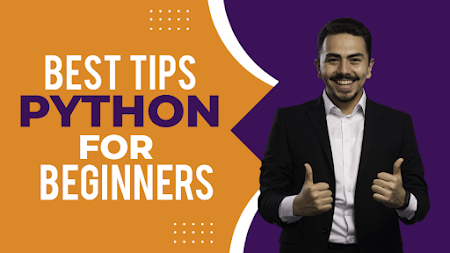Categories
- HTML Course (1)
- Intermediate python (4)
- Most Widely Used Programming Languages (1)
- SQL (1)
- Sololearn sql (1)
- best programming language (1)
- c++ language (2)
- computer network certificate course (1)
- data structure sololearn course (1)
- how to learn python for beginners (1)
- html project (1)
- learn python for beginners (1)
- python data structure (1)
- python for Data Science (1)
- python tips and tricks (1)
- sololearn Data Science (1)
- the brain booster (8)
- tips to learn python programming (1)
- top programming languages (1)
Translate
Contact Form
Best Tips For Python Beginners
The Brain Booster
February 15, 2023
Learn the fundamentals of Python such as data types, control structures, functions, and modules.
Popular Posts
Python Core Sololearn Course
September 16, 2021
Python For Beginners Sololearn Course
September 16, 2021
python for Data science Sololearn Course
September 16, 2021
Intermediate Python sololearn Course
September 16, 2021
Python Data Structure Sololearn Course
January 31, 2023
Featured post
Sololearn SQL Problem Answer
The Brain Booster-
March 09, 2023
Subscribe Us
Pages
Most Popular
Python Core Sololearn Course
September 16, 2021
Python For Beginners Sololearn Course
September 16, 2021
python for Data science Sololearn Course
September 16, 2021
Search This Blog
Footer Menu Widget
Created By Blogspot Theme | Distributed By Gooyaabi Templates



0 Comments